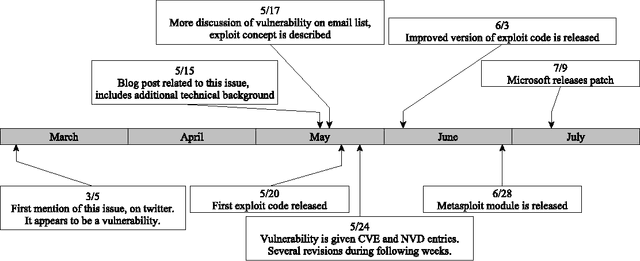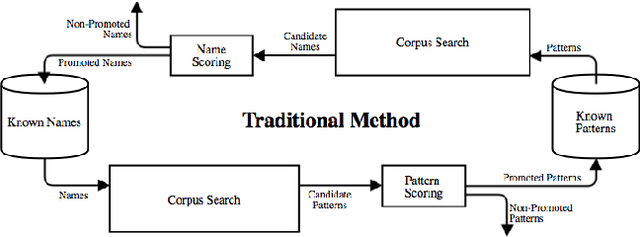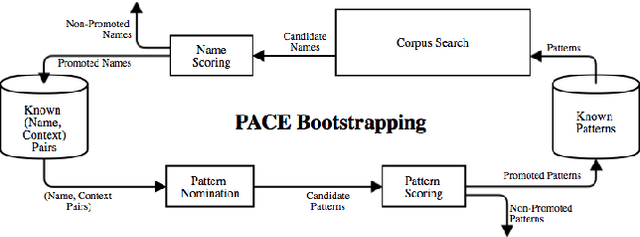Nicolas Perez
Voice Communication Analysis in Esports
Nov 21, 2024



Abstract:In most team-based esports, voice communications are prominent in the team efficiency and synergy. In fact it has been observed that not only the skill aspect of the team but also the team effective voice communication comes into play when trying to have good performance in official matches. With the recent emergence of LLM (Large Language Models) tools regarding NLP (Natural Language Processing) (Vaswani et. al.), we decided to try applying them in order to have a better understanding on how to improve the effectiveness of the voice communications. In this paper the study has been made through the prism of League of Legends esport. However the main concepts and ideas can be easily applicable in any other team related esports.
Exploring Kervolutional Neural Networks
Jan 06, 2022



Abstract:A paper published in the CVPR 2019 conference outlines a new technique called 'kervolution' used in a new type of augmented convolutional neural network (CNN) called a 'kervolutional neural network' (KNN). The paper asserts that KNNs achieve faster convergence and higher accuracies than CNNs. This "mini paper" will further examine the findings in the original paper and perform a more in depth analysis of the KNN architecture. This will be done by analyzing the impact of hyper parameters (specifically the learning rate) on KNNs versus CNNs, experimenting with other types of kervolution operations not tested in the original paper, a more rigourous statistical analysis of accuracies and convergence times and additional theoretical analysis. The accompanying code is publicly available.
PACE: Pattern Accurate Computationally Efficient Bootstrapping for Timely Discovery of Cyber-Security Concepts
Oct 11, 2013



Abstract:Public disclosure of important security information, such as knowledge of vulnerabilities or exploits, often occurs in blogs, tweets, mailing lists, and other online sources months before proper classification into structured databases. In order to facilitate timely discovery of such knowledge, we propose a novel semi-supervised learning algorithm, PACE, for identifying and classifying relevant entities in text sources. The main contribution of this paper is an enhancement of the traditional bootstrapping method for entity extraction by employing a time-memory trade-off that simultaneously circumvents a costly corpus search while strengthening pattern nomination, which should increase accuracy. An implementation in the cyber-security domain is discussed as well as challenges to Natural Language Processing imposed by the security domain.
 Add to Chrome
Add to Chrome Add to Firefox
Add to Firefox Add to Edge
Add to Edge